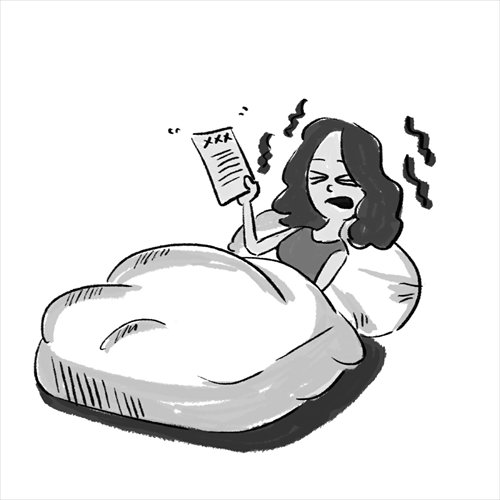
Illustrations: Chen Xia/GT
Southwest China's Yunnan Province became the latest Chinese region to allow female workers to take time off during their menstrual cycle if they experience severe pain. The number of provincial-level regions in China that have introduced menstrual pain leave policies has risen to 20, Chinese media The Paper reported.
Yunnan Province's policy went into effect on Friday. Female employees experiencing severe menstrual pain can take one to two days' leave during their menstrual period after the diagnosis has been confirmed by a medical or maternal and child health-care institution, according to the government of Yunnan.
The regulations issued by the Yunnan government also prohibit employers from assigning female employees to tasks legally restricted during menstruation. Employers with the conditions can distribute a sanitary allowance of no less than 35 yuan ($5) per month or corresponding value of sanitary products to female employees in service.
Nearly 20 provincial-level regions in the country, including Beijing, Shanghai, East China's Anhui Province, North China's Shanxi Province and Central China's Hubei Province, have clarified regulations for menstrual leave. Regions including East China's Zhejiang Province specified that menstrual pain leave should be paid leave.
Some provinces, such as Central China's Hunan Province, stipulate that employers should provide sufficient breaks for female employees who stand continuously for more than two hours during their menstrual periods. South China's Guangdong Province has a similar requirement with a prerequisite for four hours of continuous standing.
Additionally, East China's Jiangxi Province requires employers to assign lighter duties or grant two to three days of leave for female employees working in low-temperature, cold-water, field-based, construction, or other physically demanding roles during their menstrual periods.
Zhu Wei, vice director of the Communication Law Research Center at the China University of Political Science and Law, told the Global Times on Sunday that the leave policy is a proactive measure in safeguarding women's labor rights.
Global Times




